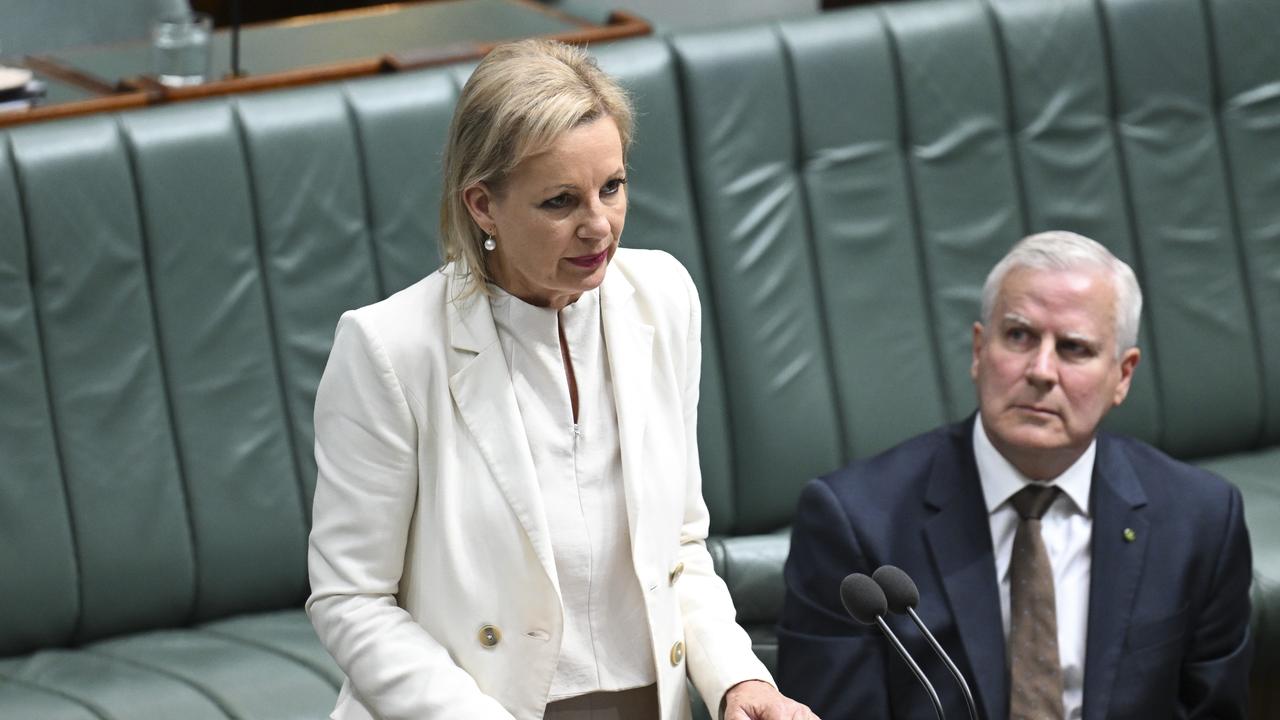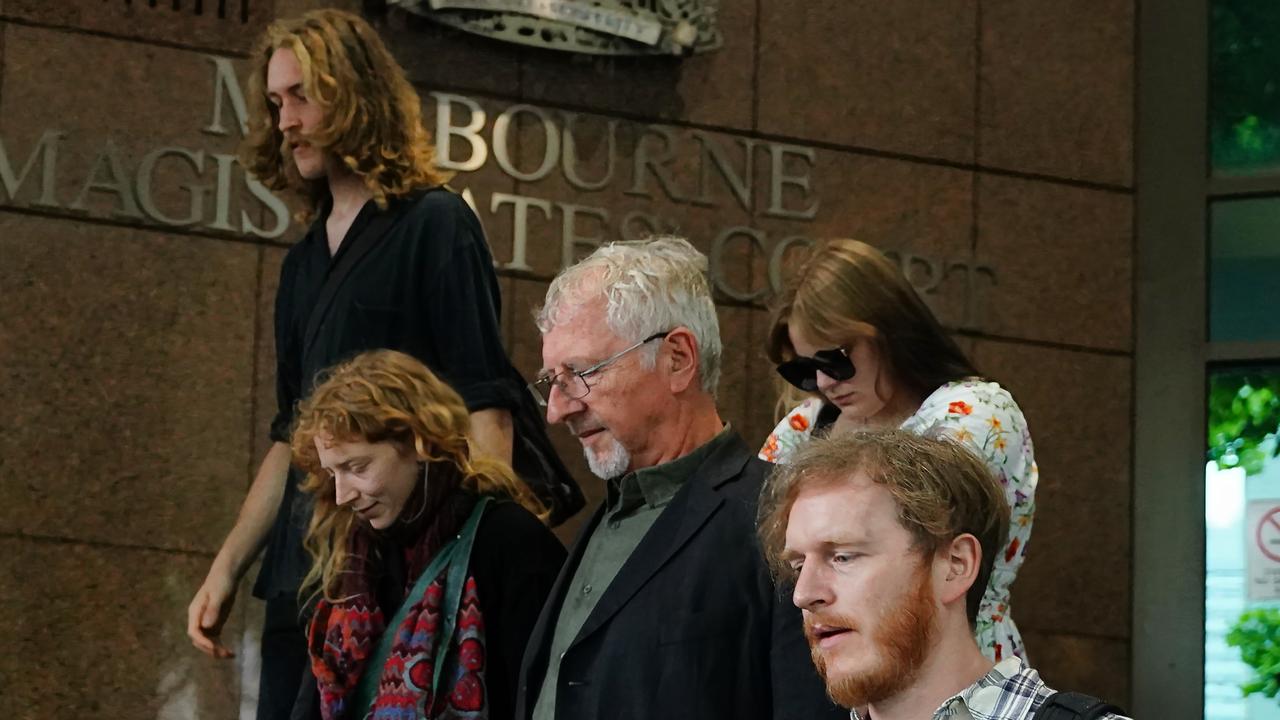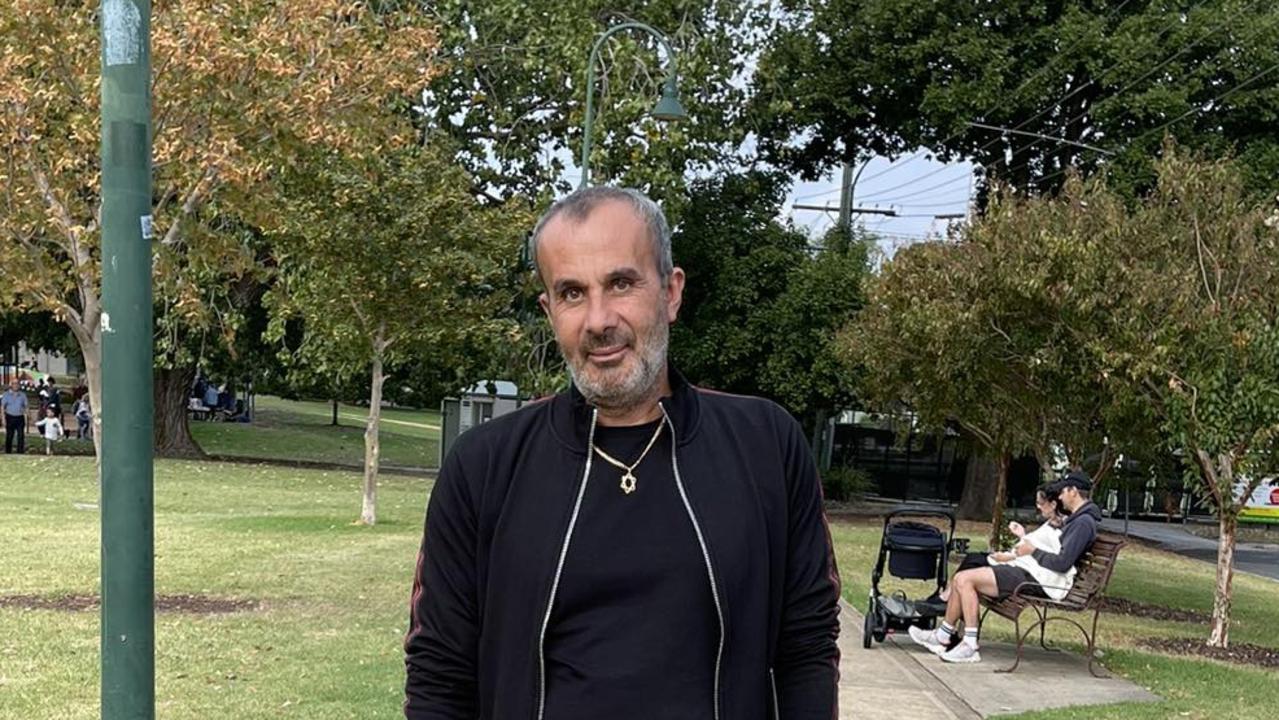Isla Bell death: Deputy Liberal leader Sussan Ley calls for tougher bail laws after man accused of helping alleged killer granted bail
A federal politician has expressed outrage after the man accused of helping hide Isla Bell’s body was released into the community.
Deputy Liberal leader Sussan Ley has called for tougher bail laws to be introduced after the man accused of helping hide Melbourne teenager Isla Bell’s body was released on bail.
Delivering an address in parliament on Tuesday afternoon, Ms Ley expressed outrage at the decision, saying Ms Bell “deserved better”.
“Isla Bell was just 19 and had her whole life ahead of her,” she said.
“It is alleged she was bashed to death in an apartment in Melbourne … On the day that Isla should have been celebrating her 20th birthday, it is alleged her body was being hidden from view by men seeking to hide their crimes.
“Isla Bell deserves better and as political leaders we cannot be silent when we see decisions like this.”

Ms Ley labelled Victoria’s bail laws “weak” before backing efforts by the state’s Liberal opposition to toughen the law.
“It is totally unacceptable and reflects weak bail laws that Jacinta Alan’s Victorian Labor government weakened even further in March this year,” she said.
“Protecting women demands that we empower our justice system with stronger laws. Isla deserved better than this and my heart breaks for her family and her friends today.”

Her comments come after Eyal Yaffe, 57, was granted bail in the Melbourne Magistrates’ Court on Monday afternoon.
Ms Bell’s family were present in court, with one woman sobbing as it was announced Mr Yaffe would be freed on strict conditions.
Police allege the 19-year-old was murdered by Marat Ganiev, 53, on October 7 before he enlisted Mr Yaffe to assist in disposing of her body.
Neither man has been required to enter a plea for the charges.

Ms Bell was last seen leaving her home on October 4, with police alleging her last known contact with a friend was shortly after midnight on October 7.
It’s alleged she told her friend that she’d met the “best Russian sugar daddy” and he was lavishing her with gifts via Snapchat.
Less than an hour later, it’s alleged she was captured on CCTV being assaulted in Mr Ganiev’s St Kilda East apartment.
Mr Yaffe allegedly assisted Mr Ganiev to move a fridge containing Ms Bell’s body over the following weeks to several addresses across Melbourne’s southeast.
The teen’s remains were discovered at a tip in Dandenong on November 19.
The court was told that under Victorian law Mr Yaffe, who is charged with assist offender (murder), had an entitlement to bail unless prosecutors could convince the court he was an unacceptable risk.

Prosecutor Daniel White opposed bail, arguing Mr Yaffe was a risk of interfering with witnesses, fleeing the jurisdiction and endangering the community.
“It is alleged by police that the applicant engaged in a series of acts with the purpose of impeding the apprehension, prosecution or punishment of the man accused of committing that murder … over the better part of a month,” he said.
The court was told Mr Yaffe allegedly had flights to Bulgaria booked for the day after his arrest and was located with $150,000 and identity documents belonging to other people.
But Mr Yaffe’s barrister, Ian Hill KC, said it was a circumstantial case and there were triable issues as to whether his client knew Ms Bell was in the fridge or had been allegedly murdered.

The defence lawyer told the court that any risk could be addressed by bail conditions and Mr Yaffe’s son, Ziv Yaffe, had offered up a $20,000 surety.
Magistrate Rohan Lawrence found police had not discharged their duty to show Mr Yaffe was an unacceptable risk, and any perceived risk could be mitigated.
Under his bail conditions, Mr Yaffe is required to remain in Greater Melbourne, report to police three times a week and adhere to a curfew.
He will also be required to wear, and pay for, an electronic monitoring ankle bracelet.
Mr Ganiev briefly appeared in court last week and was remanded in custody, with both men scheduled to return to court in March.




